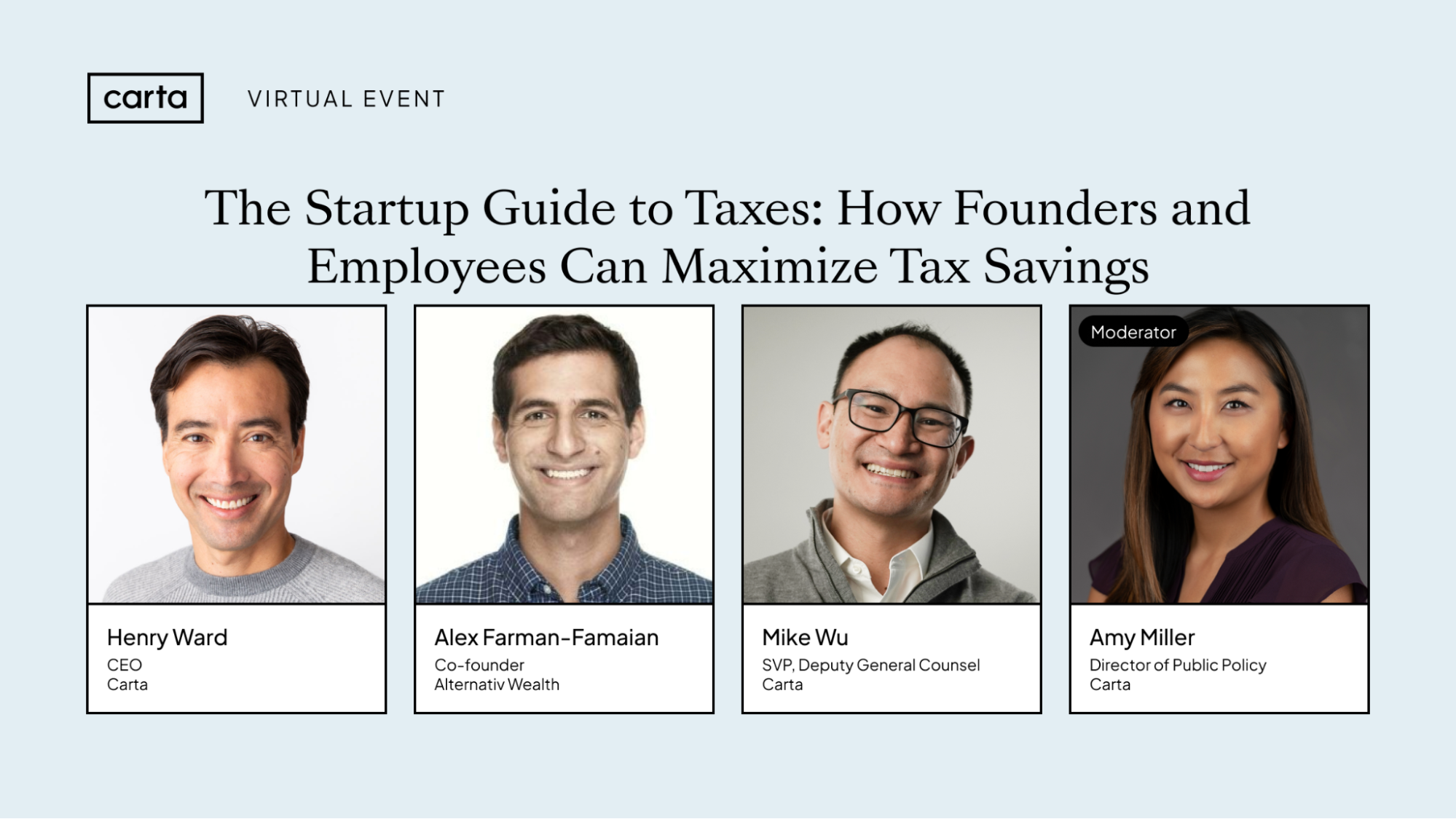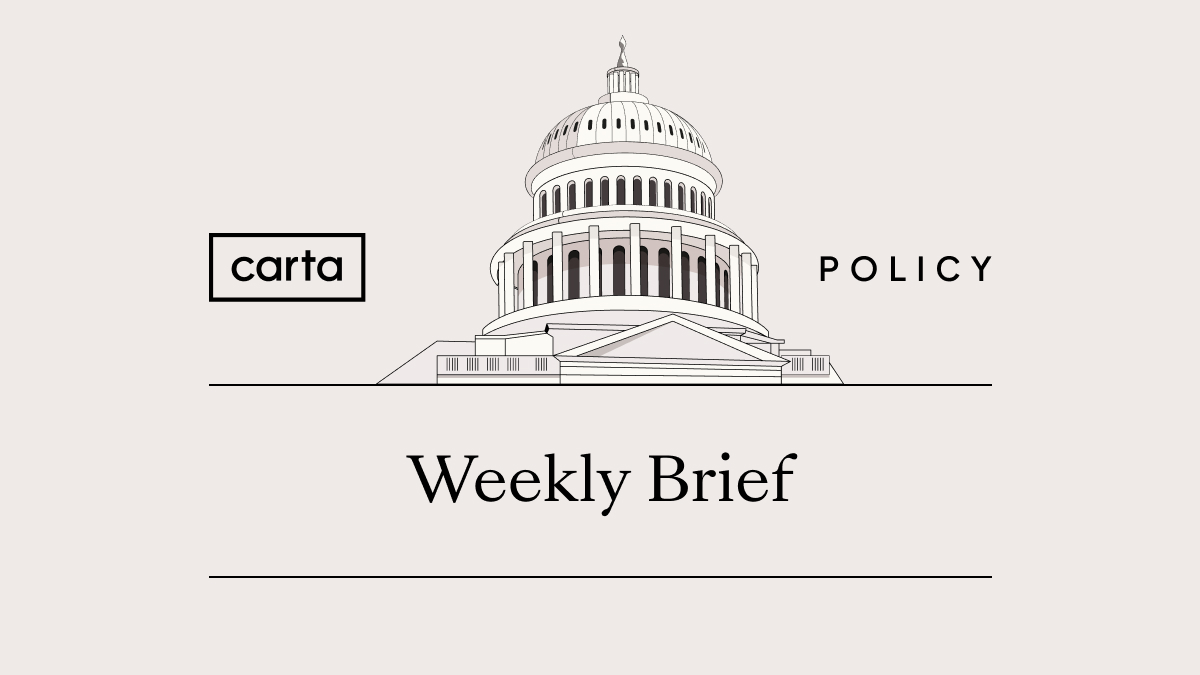SEC votes along party lines to adopt private fund adviser rule
The SEC adopted its much-anticipated private fund adviser rules. While the final rules have softened from what the Commission originally proposed, the new requirements will significantly expand SEC regulation of private fund advisers—both SEC-registered private fund advisers and exempt reporting advisers (including venture capital fund managers).
The rules
For all private fund advisers
-
Limits on side letters: Certain preferential terms would be prohibited unless offered to all investors, while others would need to be disclosed.
-
Preferential treatment would not be permitted with respect to redemption rights and certain information rights if the adviser reasonably expects such terms would have a material, negative effect on other investors—unless the same terms are offered to all investors.
-
Other forms of preferential treatment for material economic terms would be prohibited unless the terms are disclosed in advance of the investment. All side letter terms are required to be disclosed post-investment with annual updates.
-
Preferential treatment would not be permitted with respect to redemption rights and certain information rights if the adviser reasonably expects such terms would have a material, negative effect on other investors—unless the same terms are offered to all investors.
-
Other forms of preferential treatment for material economic terms would be prohibited unless the terms are disclosed in advance of the investment. All side letter terms are required to be disclosed post-investment with annual updates.
-
-
Restricted activities: Fund managers are limited from engaging in a number of activities without investor disclosure, or in some cases, investor consent.
-
Fund managers cannot charge regulatory, examination, or compliance fees to the fund without investor disclosure. Fees and expenses associated with investigations require disclosure and investor consent, and if the fund manager is sanctioned for an Advisers Act violation, no associated expense could be charged to the fund.
-
Fund managers are prohibited from charging fees or expenses related to a portfolio investment on a non-pro rata basis unless the allocation is “fair and equitable” and disclosed to investors.
-
Fund managers will not be able to reduce adviser clawback for taxes unless pre- and post-tax amounts are disclosed to investors
-
Fund managers cannot charge regulatory, examination, or compliance fees to the fund without investor disclosure. Fees and expenses associated with investigations require disclosure and investor consent, and if the fund manager is sanctioned for an Advisers Act violation, no associated expense could be charged to the fund.
-
Fund managers are prohibited from charging fees or expenses related to a portfolio investment on a non-pro rata basis unless the allocation is “fair and equitable” and disclosed to investors.
-
Fund managers will not be able to reduce adviser clawback for taxes unless pre- and post-tax amounts are disclosed to investors
-
For SEC-registered private fund advisers
-
Quarterly statements: Private fund RIAs will be required to provide quarterly statements to investors around fund performance, fees, and expenses in a standardized format.
-
Audit requirements: Private fund RIAs would be required to obtain annual audits for each private fund from an independent PCAOB-registered auditor.
-
GP-led secondaries: Private fund RIAs must obtain a fairness opinion or valuation opinion from an independent opinion provider for adviser-led secondary transactions.
-
Recordkeeping and compliance: Private fund RIAs would be subject to new recordkeeping obligations related to new rules and amendments, and all RIAs would be required to document annual compliance reviews.
Compliance timelines
-
The final rules will be effective 60 days after publication in the Federal Register.
-
Fund managers will need to comply with the quarterly statement and private fund audit rules 18 months following the effective date.
-
Fund managers will need to comply with the rules concerning adviser-led secondaries, preferential treatment, and restricted activities one year following the effective date, but private fund managers with assets under $1.5B will have 18 months to comply.
What changed
Engagement from Carta, Congress, and others in the ecosystem helped shape some of the most problematic aspects of the proposal for venture to make the rules more workable.
-
Grandfathering for prohibited activities:The rule would grandfather or provide “legacy status” to side letter agreements and other provisions that would have required fund agreements to be amended post-compliance date. This change pulled back on the most problematic part of the original proposal. Fund managers will still have to disclose existing side letters after the compliance date to comply with the new requirements.
-
Side letters softened: The proposal originally contained express prohibitions on certain preferential terms with respect to liquidity or information rights, but in the final rule these would only be prohibited if they would have a material negative impact on investors.
-
Shift from prohibitions to disclosure: Many activities that were prohibited under the proposed rule would now be restricted, meaning fund managers could now engage in certain activities with investor disclosure (and in some instances, investor consent). This is also an improvement.
-
Adviser liability:There are no prohibitions around limiting or eliminating liability for simple negligence, as outlined in the proposal—another big win for venture capital.
What’s next
-
More examination and enforcement scrutiny: The SEC has already been ramping up scrutiny on private fund advisers. This scrutiny will increase as the private fund adviser rule and others come online. We could even see action prior to the compliance date, as the SEC signaled an enhanced focus on fiduciary obligations and the anti-fraud protections in the final rule.
-
Potential litigation: Despite softening from original proposal, the rule package represents a substantial shift in the SEC’s approach to private fund regulation — and private market regulation more broadly. In their lengthy dissents, Republican Commissioners Hester Peirce and Mark Uyeda extensively questioned the SEC’s authority to engage in this rulemaking, providing a roadmap and signaling potential litigation to come.
-
Gensler blinked: Like the Form PF rulemaking, the private fund adviser rule was significantly pared back from the proposal. This signals Gensler may not be willing to go as far on some of the SEC’s other controversial proposals, such as climate change or other expected private market reforms. It also highlights the importance of engagement to shape the debate.
The Carta Policy Team will continue to digest the 650+ page rule and analyze its impact on VC. Stay tuned for more details to come.
The Startup Guide to Taxes: How Founders and Employees Can Maximize Tax Savings

Join Carta CEO, Henry Ward, along with Senior VP Michael Wu, Policy Director Amy Miller, and Alternativ Wealth co-founder Alex Farman-Farmaian, on August 30th at 10 a.m. PT / 1 p.m. ET to learn about their personal experience with the QSBS gain exclusion, how companies qualify, and the impact the tax benefit can have on your team.
Register here, and submit your questions ahead of the virtual event to have them answered live.
News to know
-
SEC reopens comment period on controversial custody rule. The proposed custody rule was released in February and would extend the custody mandate to more sophisticated investment vehicles such as cryptocurrencies, real estate, and derivatives. The SEC is extending the comment period by 60 days.
-
SEC brings first charges under revised marketing rule. Titan Global Capital Management, a fintech investment adviser, is the subject of SEC scrutiny for using hypothetical performance metrics in its advertisements that were deemed misleading by the agency. Titan cooperated with the investigation and agreed to a cease-and-desist order, a censure, and to pay over $1 million in fines, but did not admit or deny the charges. The SEC updated its marketing rule in December 2020, but the changes did not fully take effect until late 2022.
-
DOJ allows Thoma Bravo acquisition to proceed. Thoma Bravo’s $2.3 billion acquisition of ForgeRock closed this week after the Department of Justice concluded a review rooted in antitrust concerns. Thomas Bravo’s 2022 acquisition of Ping, a competitor to the identity verification-focused ForgeRock, was a main sticking point. A challenge would have had significant ramifications for the roll-up strategy oft-deployed by PE firms, which have broadly been a target of regulators at the Federal Trade Commission and DOJ.
-
House Freedom Caucus releases budget demands. A group of conservative Republicans unveiled their list of requirements for any continuing resolution to fund the federal government beyond the September 30 expiration of existing funding levels. Republicans have ultra-slim margins in the House, and the Freedom Caucus holds enough votes to lock down the floor unless a continuing resolution is bipartisan.
-
Outbound investment scrutiny grows in Germany – and in Britain. On the heels of the Biden Administration’s outbound investment executive order, the German Economy Minister may move to tighten the country’s process for reviewing foreign investments. Similarly, the British government reportedly asked many firms to disclose any investments in a list of 17 areas in a broad range that includes robotics and energy, among others. Enhanced investment screens may also be on the horizon at the European Commission.
Upcoming events
-
Carta Policy Weekly Live – Weekly at 9:00 a.m. PT / 12:00 p.m. ET
-
IRS Taxpayer Advocacy Panel joint committee meeting on improving IRS customer service – August 28 – 12:00 p.m. PT / 3:00 p.m. ET
-
FDIC meets to propose reforms to bank regulations – August 29 at 7:00 a.m. PT / 10:00 a.m. ET
-
CFTC Commissioner Kristin N. Johnson to participate in a panel discussion on DeFi Regulation – August 29 at 8:20 a.m. PT / 11:20 a.m. ET
-
Carta event: The Startup Guide to Taxes: How Founders and Employees Can Maximize Tax Savings – August 30 at 10:00 a.m. PT / 1:00 p.m. ET
-
Bipartisan Policy Center: AI Opportunities and Challenges for Small Businesses – August 31 at 10 a.m. PT / 1:00 p.m. ET
-
Cato Institute conference: Staying Ahead of the Curve: Crypto Regulation and Competitiveness – September 7 at 6:30 a.m. PT / 9:30 a.m. ET
-
Securities Enforcement Forum Central 2023 – September 19 at 6:30 a.m. PT / 9:30 a.m. ET

